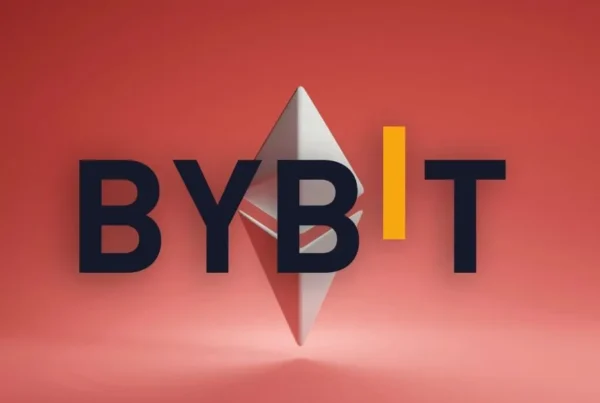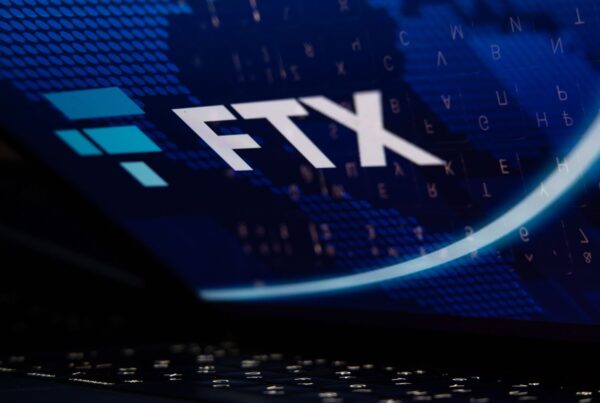Brian Armstrong: Coinbase Needs to Rethink Its Token Listing Process
Introduction
Coinbase CEO Brian Armstrong has openly acknowledged the need for a significant overhaul in the company’s token listing process. This statement comes in response to the rapid increase in the number of tokens being created, which poses new challenges for one of the world’s leading cryptocurrency exchanges in terms of efficiency, regulatory compliance, and market demand.
The Token Explosion
-
Weekly Token Genesis: Armstrong highlighted that approximately 1 million tokens are being created each week, a growth rate that traditional listing methods can no longer handle effectively. This surge in token creation is driven by the ongoing expansion of blockchain projects and the advent of tokenization across various sectors.
-
Current Challenges: With such a vast number of tokens, evaluating each one for listing through traditional means becomes impractical. This situation not only strains Coinbase’s resources but also potentially delays the introduction of promising new assets to the market.
Proposed Solutions
-
From Allow List to Block List: Armstrong suggested moving from an “allow list” to a “block list” approach. Instead of manually approving each token for listing, Coinbase would list tokens by default, blocking only those that fail to meet certain criteria or pose regulatory or security risks. This would streamline the listing process and adapt to the new reality of token proliferation.
-
Leveraging User Reviews and On-Chain Data: To manage this new system, Armstrong proposed using customer reviews and on-chain analysis to gauge the quality and viability of tokens. This could involve community feedback, transaction volumes, and other on-chain metrics to automatically vet tokens for listing.
-
Deeper DEX Integration: Another key proposal is enhancing integration with decentralized exchanges (DEXs). By allowing seamless interaction between Coinbase’s platform and DEXs, users could access a broader range of tokens without Coinbase needing to list each one directly. This would also align with the ethos of decentralization in the crypto space.
Industry and Community Reactions
-
Support and Criticism: The crypto community on platforms like X has responded with a mix of support and skepticism. Some see this as a necessary evolution for Coinbase to remain competitive and relevant, while others express concerns about the potential for increased scams or the dilution of token quality on the platform.
-
Regulatory Implications: Armstrong’s suggestions come at a time when regulatory scrutiny over cryptocurrency exchanges is intensifying. His call for a rethink in listing processes might be seen as an attempt to navigate the complex regulatory landscape more efficiently while still adhering to compliance standards.
-
Market Impact: The announcement could influence how other exchanges approach token listings, potentially leading to industry-wide shifts in how new tokens are brought to market. It also raises questions about the future of token discovery and investment for retail and institutional investors alike.
Looking Forward
-
Implementation Challenges: Transitioning to a new listing model will require significant changes in Coinbase’s backend operations, compliance checks, and perhaps even its business model. The effectiveness of user reviews and on-chain data for token vetting is yet to be proven at scale.
-
Opportunity for Innovation: This could be an opportunity for Coinbase to lead in developing new standards or technologies for token listing and management, potentially becoming a pioneer in how exchanges interact with the ever-expanding universe of cryptocurrencies.
-
Global Context: With the crypto industry increasingly global, how Coinbase adapts its listing process might influence international exchanges and could set a precedent for how token listings are managed worldwide.
Conclusion
Brian Armstrong’s call for Coinbase to rethink its token listing process acknowledges the current limitations of centralized exchanges in the face of blockchain’s exponential growth. While this shift promises greater efficiency and inclusivity for new tokens, it also poses significant operational, regulatory, and security challenges. As the crypto market evolves, how Coinbase navigates these changes will be closely watched by the industry and could define the future landscape of cryptocurrency exchanges.



